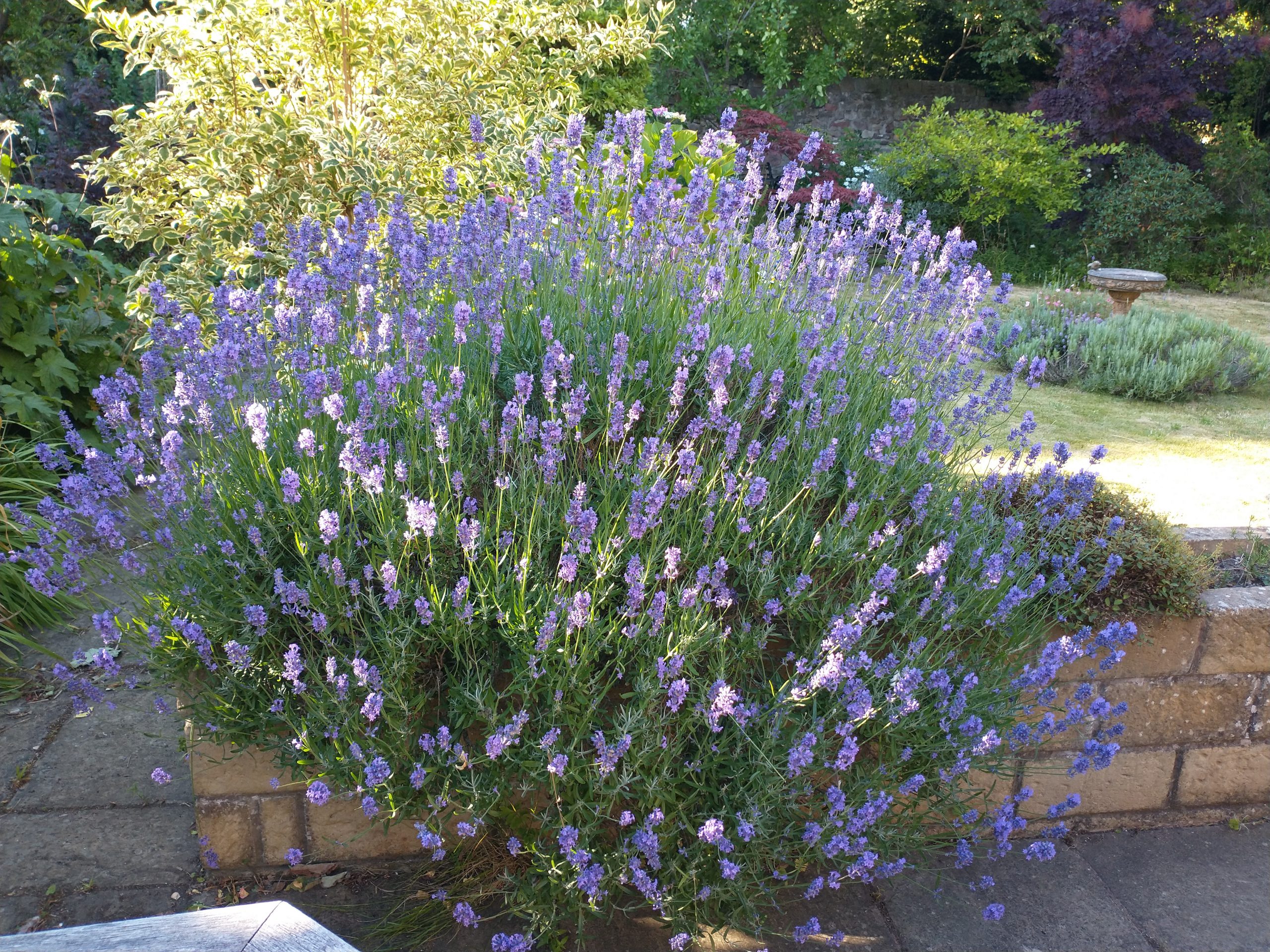 After managing to avoid Covid for two and a half years, I have now come down with it. It hasn’t been fun – suffice it to say I’m very glad I didn’t get the virus until I was fully vaccinated.
After managing to avoid Covid for two and a half years, I have now come down with it. It hasn’t been fun – suffice it to say I’m very glad I didn’t get the virus until I was fully vaccinated.
While staying out of everyone’s way, I have had the chance to read. My favourite discovery this week was a little paperback I picked up in a charity shop – The Years with Ross by James Thurber. I’m a big fan of Thurber’s, but I only knew his humorous writings and cartoons. I had never come across the book he wrote in tribute to Harold Ross, founding editor of the New Yorker, who ran the magazine from 1925 until his death in 1951.
Ross was famous for his unorthodox approach to hiring and firing, praising and criticising, amusing and infuriating the stable of brilliant writers who gathered around him. Ross himself was not an intellectual and never pretended to be, but he had an instinct for the kind of writer who would produce the sophisticated, entertaining content he was after. Somehow he assembled a crack team of writers including Thurber, EB White, Dorothy Parker, SJ Perelman, HL Mencken, Bob Benchley and more. Ross couldn’t write like them, but he was not afraid of them. They sent in their copy and he fired back sheaves of queries about things he thought would not be clear to the general reader. This drove the writers nuts, especially when Ross’s queries ruined the delicate mechanisms of their jokes, but they respected his determination not to let the reader feel he had been bamboozled.
In his introduction, Thurber describes his tribute as ‘an ordeal of love’. He somehow managed to collect hundreds, probably thousands of conversations and anecdotes about Harold Ross’s roller-coaster relationships with his writers and cartoonists. Considering that writing biography was not Thurber’s main calling, it must have been a huge effort. But how wonderful to have this glimpse into the heyday of a great magazine! The fun they had, the wit that crackled in the New Yorker office, the pride in producing a magazine which struck a new tone – debonair, clever, funny, well-informed and worldly. The pleasure his writers got from swapping anecdotes about Ross over drinks at the Algonquin Hotel. The sense of New York as the centre of the world, its love affairs, feuds and shenanigans endlessly absorbing. Thurber’s biography evokes a special time in New York’s literary history.




I was also finally caught by COVID a few weeks ago. Thankfully the worst of it passed in a few days, but a cough lingers.
My favourite Thurber writings are his fractured fairy-tales, in particular “The 13 Clocks” and “The Wonderful O” which are gloriously funny and poetic writing with internal rhymes and wordplay in abundance. I first encountered them in a double-edition illustrated by Ronald Searle.
“The 13 Clocks” has been narrated in various recordings by Peter Ustinov, Lauren Bacall and Edward Woodward (my favourite). It opens: “Once upon a time, in a gloomy castle on a lonely hill, where there were thirteen clocks that wouldn’t go, there lived a cold, aggressive Duke, and his niece, the Princess Saralinda. She was warm in every wind and weather, but he was always cold. His hands were as cold as his smile and almost as cold as his heart. He wore gloves when he was asleep, and he wore gloves when he was awake, which made it difficult for him to pick up pins or coins or the kernels of nuts, or to tear the wings from nightingales. He was six feet four, and forty-six, and even colder than he thought he was. One eye wore a velvet patch; the other glittered through a monocle, which made half his body seem closer to you than the other half. He had lost one eye when he was twelve, for he was fond of peering into nests and lairs in search of birds and animals to maul. One afternoon, a mother shrike had mauled him first. His nights were spent in evil dreams, and his days were given to wicked schemes.”
I remember those stories too – what an imagination he had!